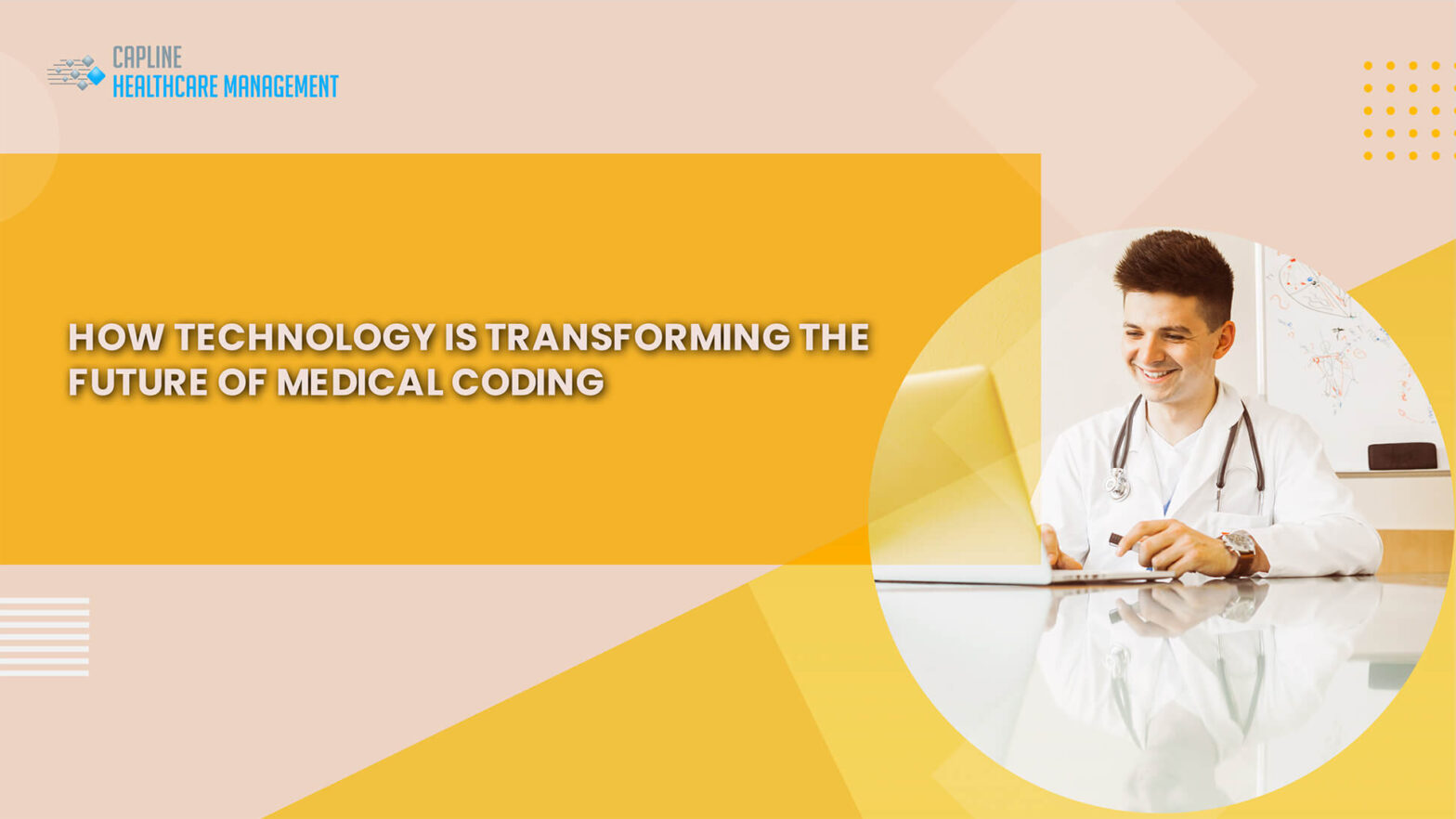How Technology is Transforming the Future of Medical Coding
As healthcare evolves, digital tools like electronic health records (EHR) are streamlining tasks such as medical coding, patient coverage verification, and claim processing. With the aging baby boomer population, the demand for healthcare services—and skilled professionals—is on the rise, with a projected 15% growth in health information technician jobs by 2024.
Advancements like AI-driven medical coding solutions and enhanced verification processes are improving accuracy and efficiency. Let’s explore how these innovations are reshaping medical coding and benefiting both healthcare providers and patients.
AI-Powered Medical Coding
Many of the medical coding processes are being enhanced by AI, and most of the work and chances of errors are therefore eliminated. These AI systems can read through patient records and then work to assign the correct codes themselves, which will help code faster and more accurately. This automation assists in minimizing the likelihood of claims being denied due to improper coding in communication with healthcare insurance providers. AI in medical coding will help healthcare organizations enhance the correctness of claims and reduce the time taken for other manual activities.
Real-Time Patient Coverage Verification
Patient coverage verification has also been improved with the help of technological advancement. Patient information may be made available through electronic health records (EHRs) and real-time database systems, and the authenticity of a patient’s healthcare insurance coverage can be verified in real-time. This reduces instances where people have to make phone calls or fax documents with the implication of delays in making the necessary decisions on claims. Real-time patient coverage verification saves money for a healthcare provider and ensures that claims are processed correctly and faster for the benefit of the patient and the provider.
EHR Integration
EHR systems are currently linked to coding systems that enable coders to obtain the full picture of a patient. This integration also enables the coders to fetch the medical history, treatment, and tests from EHR without having to jump between systems. This means that the chances of making mistakes when awarding codes are reduced, and also the entire processing cycle of the claims is made faster. When providers use EHR-integrated coding systems, they will submit clean claims, minimizing the possibility of appeal and rejection by healthcare insurance companies.
Natural Language Processing (NLP)
Another revolutionary technology in the medical coding field is Natural Language Processing (NLP). NLP tools are particularly applied to translate and encode complicated medical records into structured codes. This technology ensures that coders deal with complex situations while software is used for simple coding. The medical data is classified properly through NLP to ensure that codes are correctly placed, resulting in proper claims. NLP makes verification and reimbursement easier, thus minimizing the rejection of claims by healthcare insurance companies.
Advanced Claim Processing Systems
Advanced claim processing systems are transforming the way claims are reviewed and approved.
These systems involve the use of machine learning algorithms that scan claims before they are submitted and then highlight issues that can reduce the probability of approval as well as the probability of approval. Through the identification of such problems early, these systems ensure that the end participants submit claims that stand a high chance of being approved the first time around, hence cutting on time wastage and errors.
These innovations also improve cash flow for healthcare providers and create a smoother experience for patients seeking treatment under their healthcare insurance.
Conclusion: A Technology-Driven Future
Technology is actually changing and revolutionizing the future of medical coding, making it easier to code, faster, more accurate, and more efficient. Tools such as AI, patient coverage verification in real-time, integrated with EHRs, NLP, and enhanced claim processing systems are enhancing the ways through which physicians, providers, and payers handle medical coding and insurance claims.
Thus, as these technologies progress, healthcare providers will have a better and more efficient service delivery, less chance of errors, and better handling of contracts with healthcare insurance companies, hence better relations between the patients and providers. The medical coding profession has a promising outlook for the future, so technology can improve the accuracy, efficiency, and clarity of healthcare.



